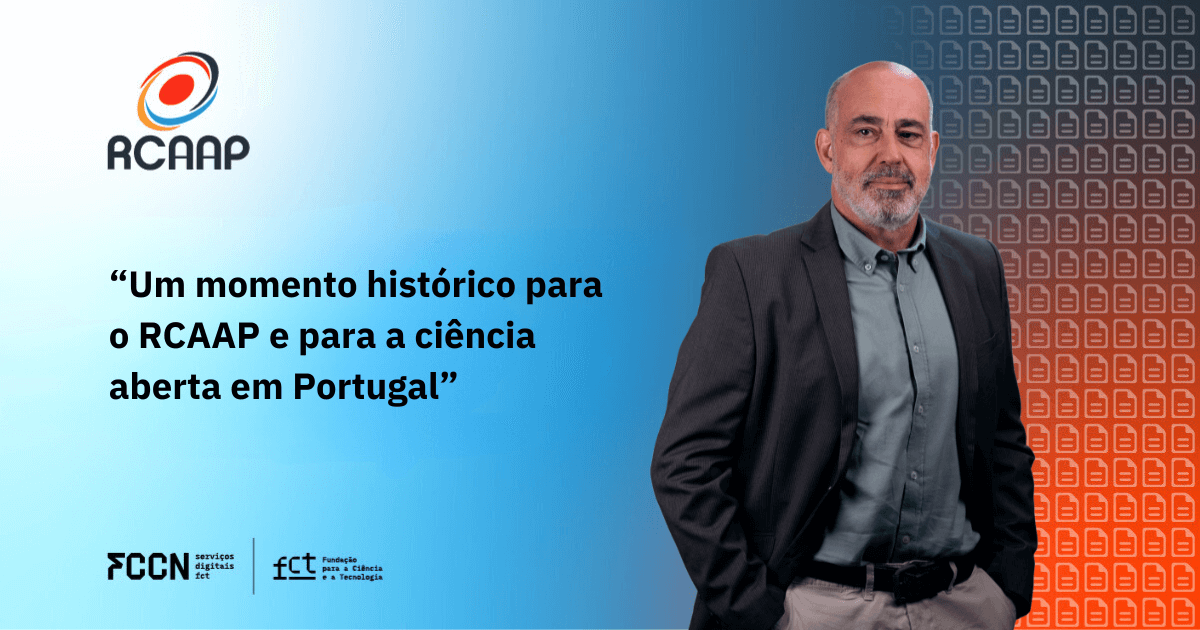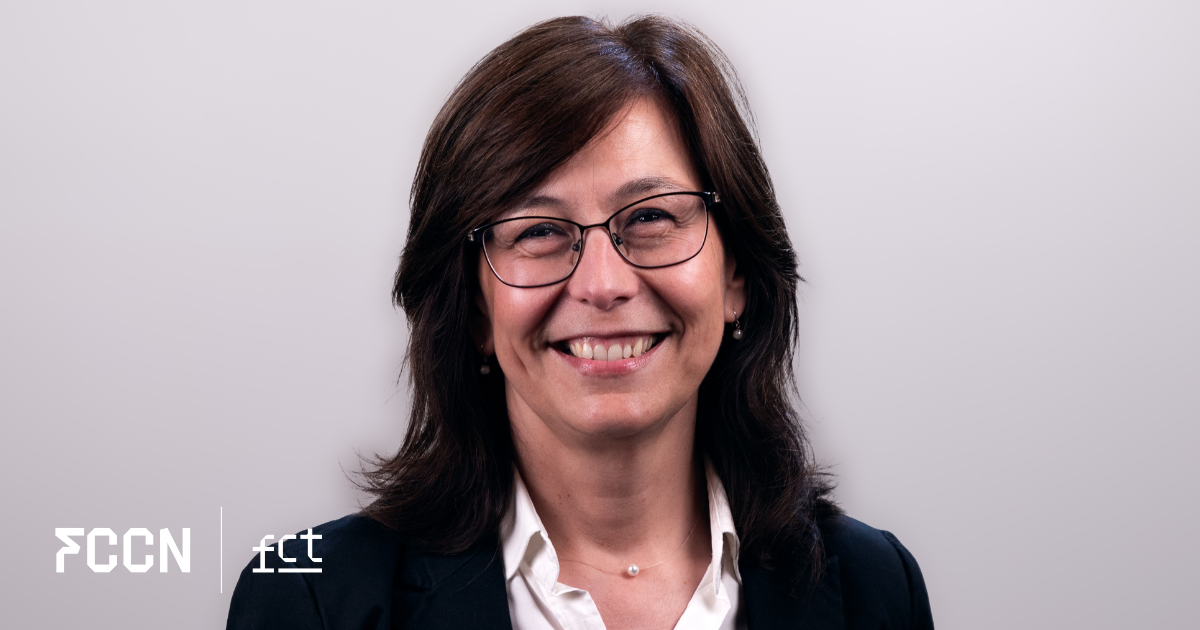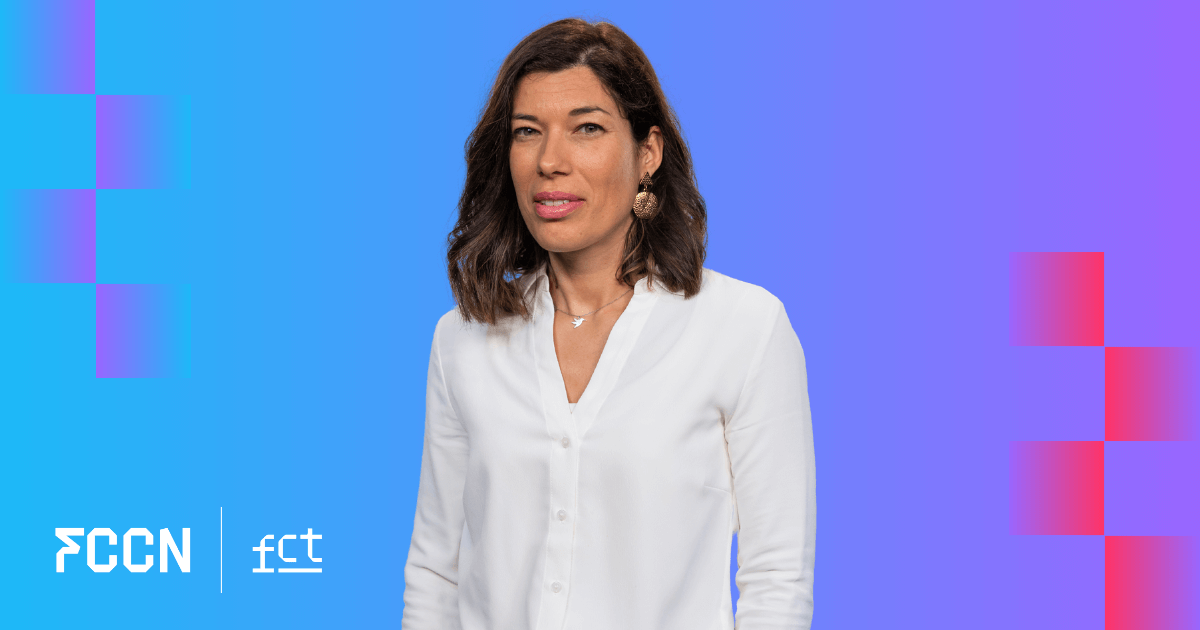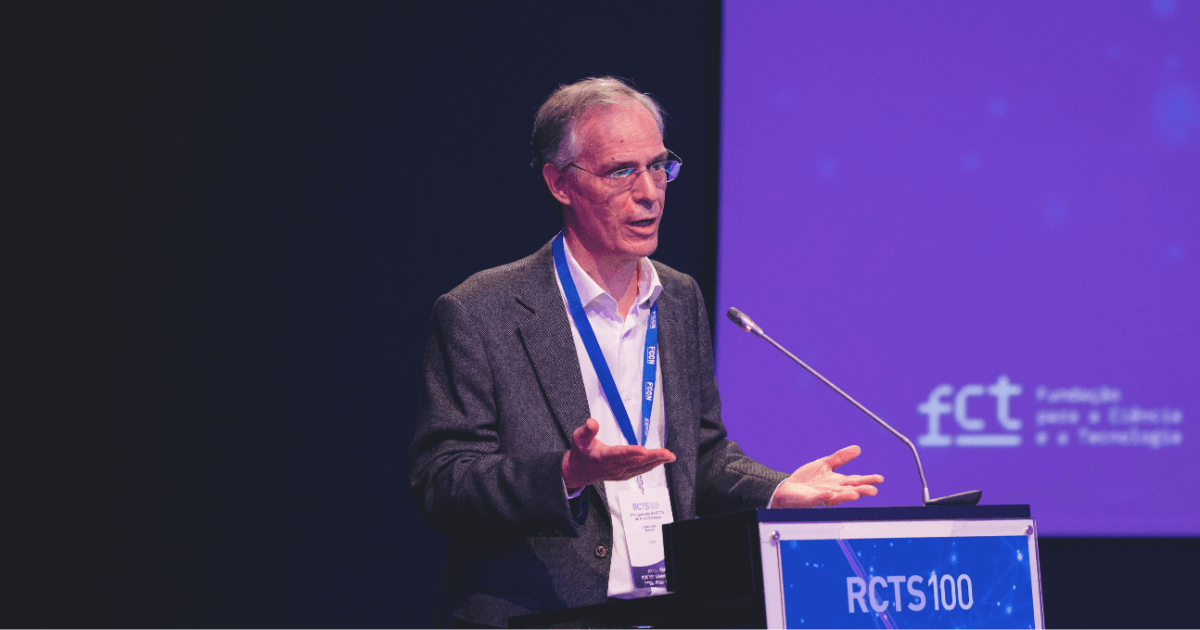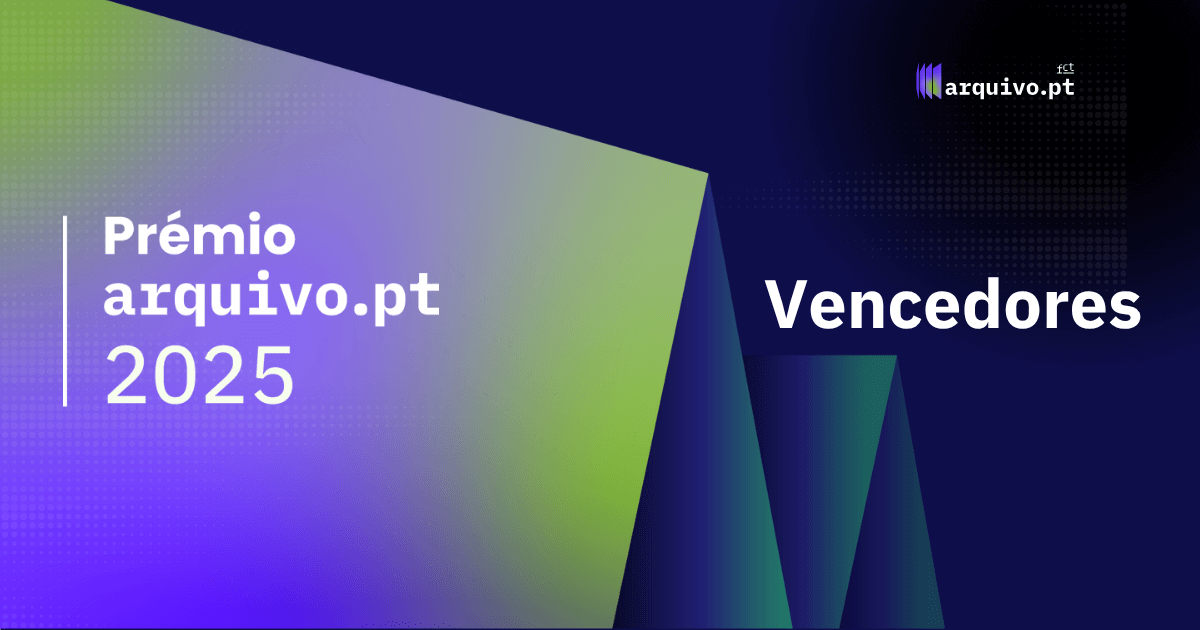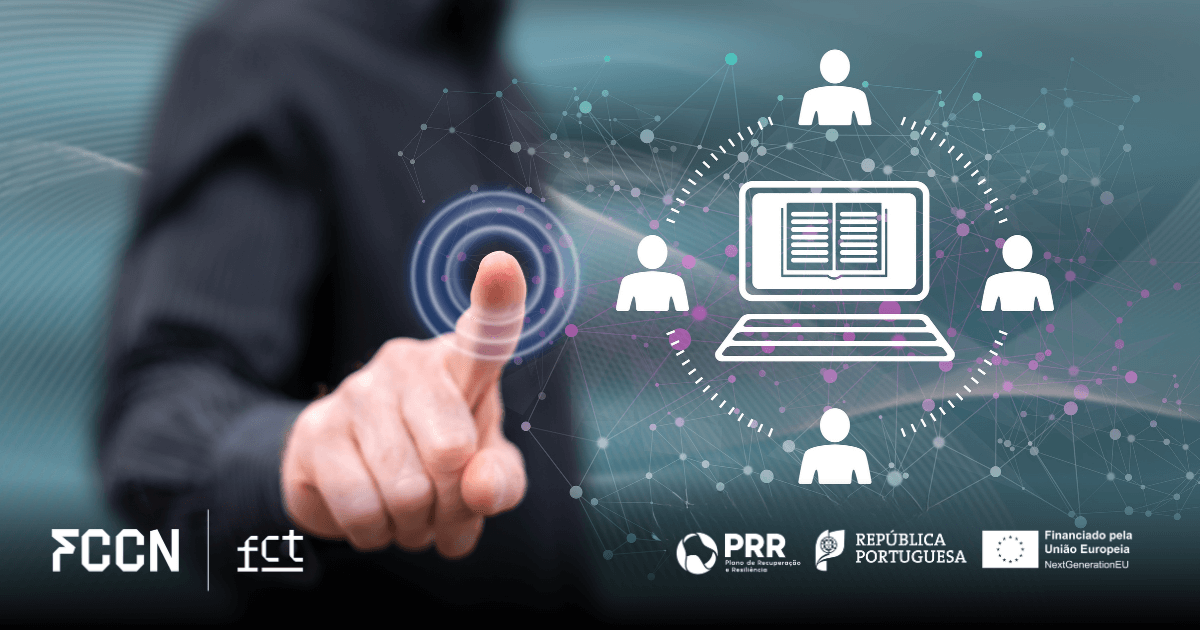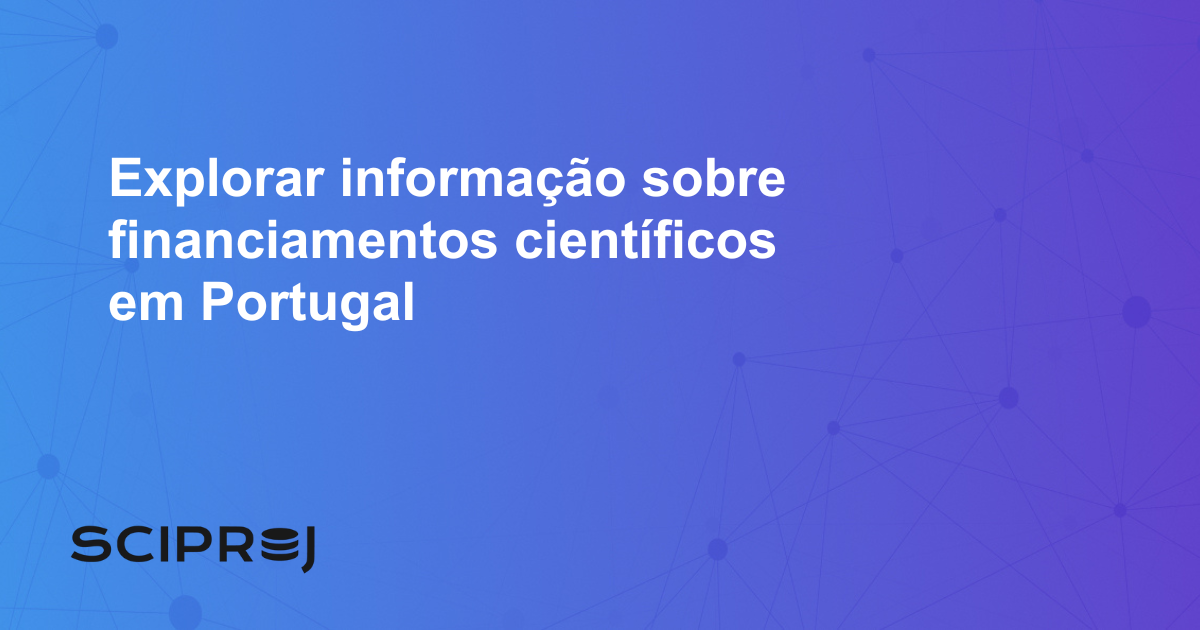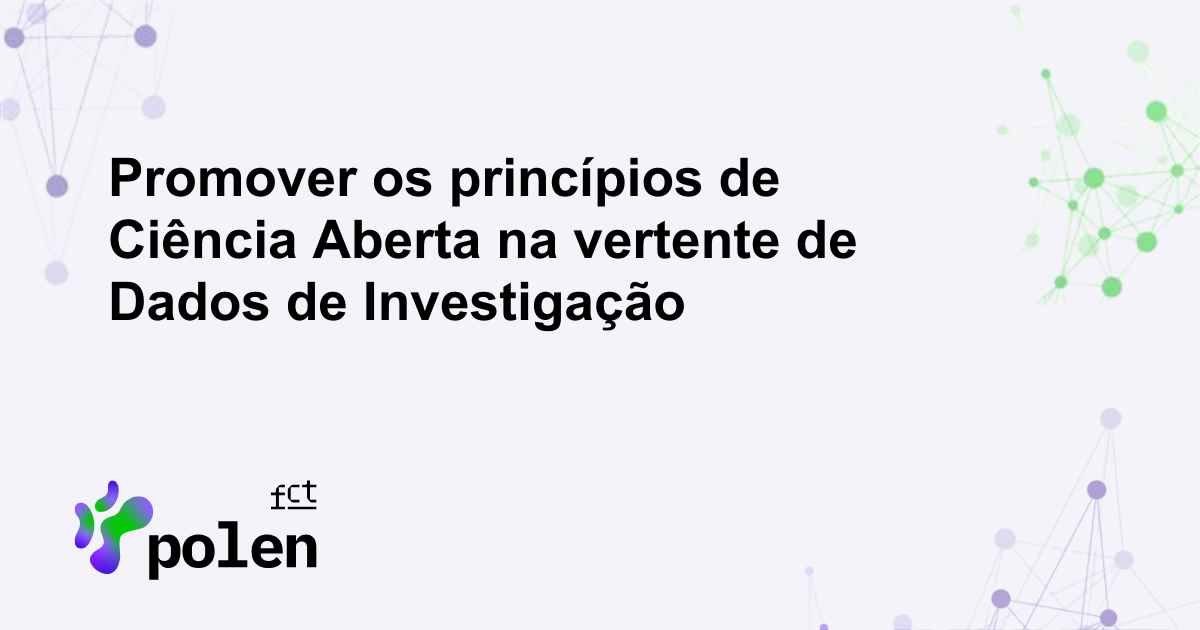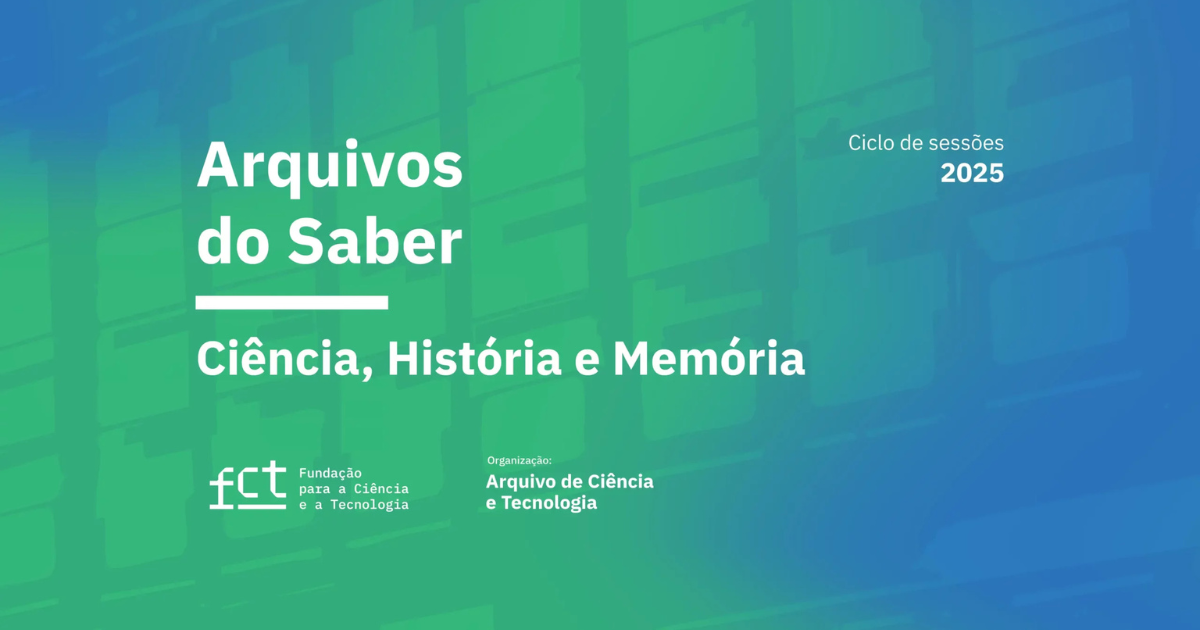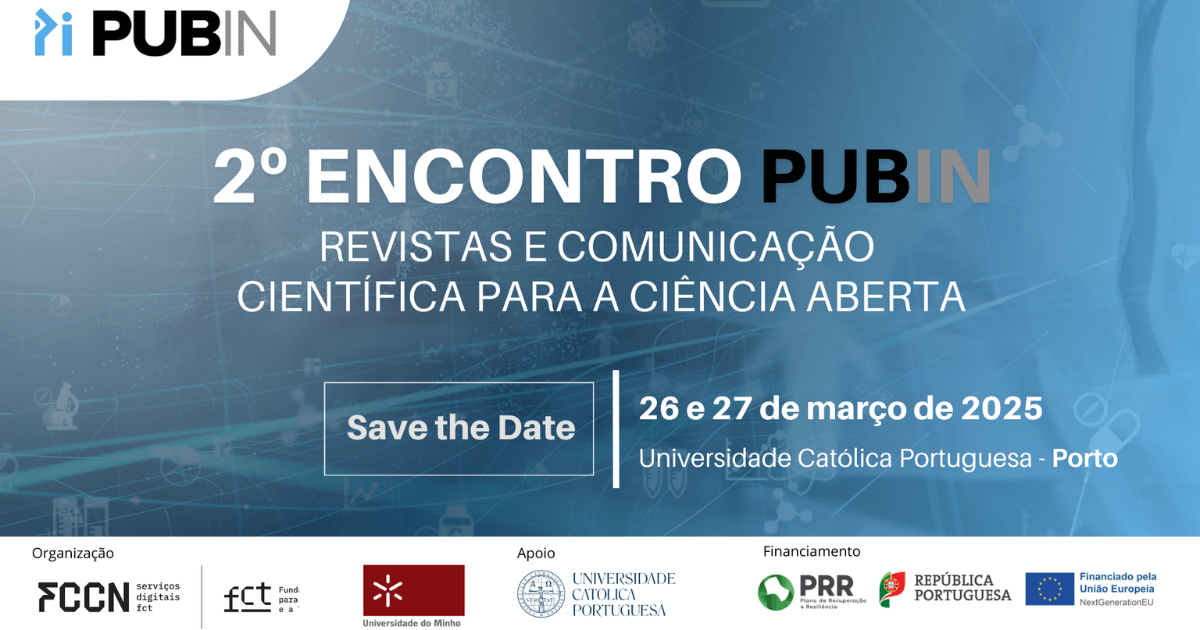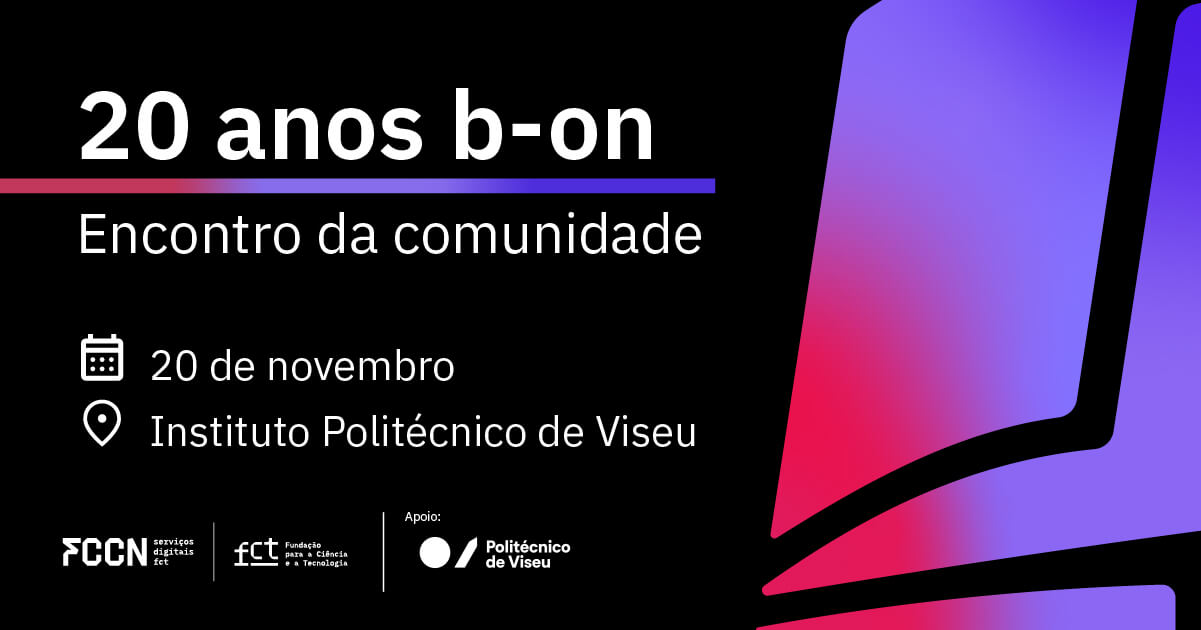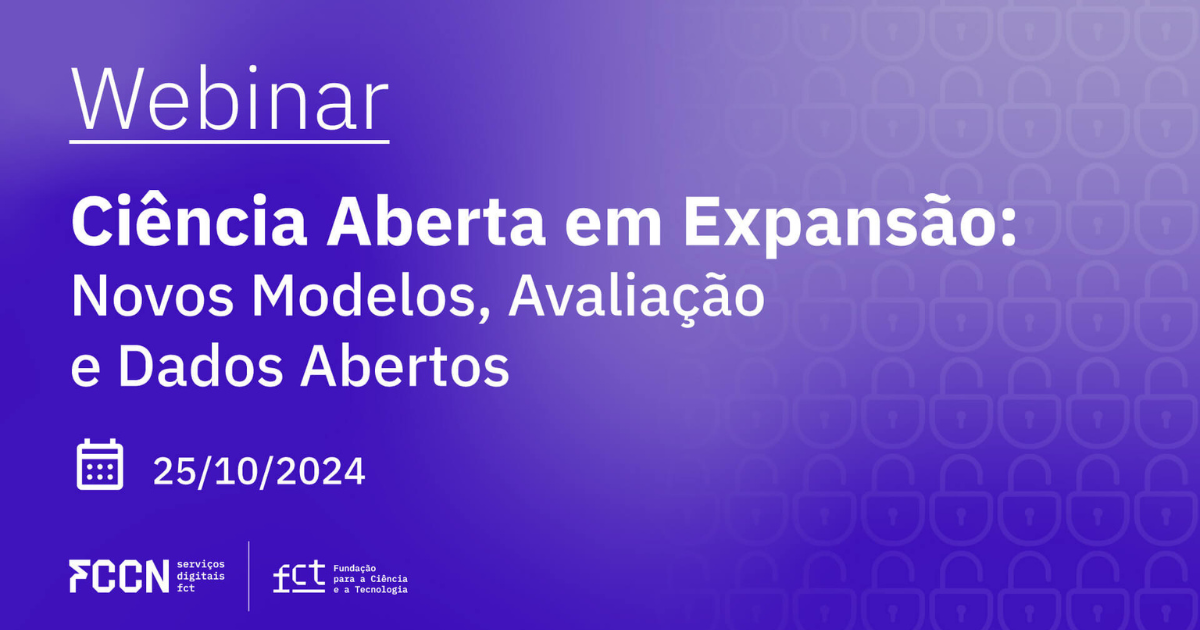
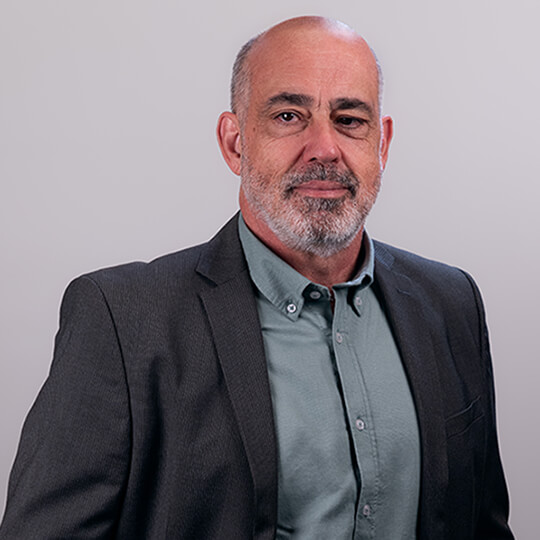
The manager of RCAAP - Portugal's Open Access Scientific Repositories, Paulo Lopes, tells us all about the main steps taken by this service from FCCN which, in 2022, had more than 25 million downloads. RCAAP's role in achieving the goals of Open Science is another highlight.
RCAAP is open to the participation of all institutions of the Portuguese scientific and higher education system. What does an institution gain by formalizing this membership?
RCAAP - Open Access Scientific Repositories of Portugal is the national open access initiative and aims to store, preserve and promote access to scientific knowledge produced in Portugal. The institutions that integrate the RCAAP network benefit from the three main objectives of this service.
First of all, they increase the visibility, accessibility and dissemination of the results of Portuguese academic and scientific research activity. The creation and availability of a meta-repository of the national scientific and academic production, allowing the search, access and use of it in an easy and intuitive way, was an important added value, both nationally and at the level of each of the participating institutions.
On the other hand, it is possible to facilitate access to information about national scientific production through the interconnection and interoperability of the meta-repository with other components of the Science, Technology and Higher Education information system. The repositories of national scientific production are interlinked and interoperate with other components of these systems, in particular with the curriculum management system - Ciência Vitae.
Finally, RCAAP allows Portugal to be integrated into a set of international initiatives that aim to facilitate interoperability and interconnection with the growing number of research centers, research funding bodies, and higher education institutions with repositories of this type that have proliferated in Europe and worldwide.
Are there any numbers or statistics you can share as a way to illustrate the activity of this service?
The activities of RCAAP are constantly monitored and there are several indicators that attest to the activity of the service. I share the most relevant and which have to do with usage indicators. Currently RCAAP aggregates more than 878,000 documents from 27 repositories hosted in the SARI service, 35 scientific journals hosted in the SARC service, 95 communities hosted in the Common Repository, 26 repositories with own management and 178 scientific journals also with own management. It also aggregates more than 1,970,000 documents from the Brazilian aggregator, OASIS.BR. These aggregated documents generated in 2022, more than 25 million downloads.
RCAAP has played an important role in promoting the adoption of the open access movement to scientific knowledge in Portugal. What are some of the main recent achievements in this regard?
Currently, the vast majority of institutional repositories have their own open access policies and have adopted regulations and practices that promote open access and interoperability between systems. Many institutions are linking their repositories to science management systems to enable integrated management of their entire scientific output. The community is very participatory and often contributes to the adoption and dissemination of open science practices. Also in the editorial field of journals we have been noticing changes that have led to the adoption of open science practices such as open peer review, continuous publishing, the introduction of persistent identifiers for publications (DOI) and for authors (ORCID), CC-BY 4.0 licensing or the possibility of allowing the publication of preprints.
The open access movement seeks to achieve significant changes. Do you think that the scientific and educational system in Portugal is today closer to the goals of this movement?
The road is long, it requires changes, adoption of new practices, regulatory policies for the practice of open access, tough negotiations with major content publishers. But, yes, the educational system in Portugal is now closer to the goals of the Open Science and Open Access movements, and RCAAP plays an important role in achieving these goals.
What are the next steps planned for RCAAP?
The efforts for the next triennium will be mainly concentrated on migrating the SARI service to the new version of the repository software, DSPace 7. This is a radically different version from the previous one that will pose great challenges from the point of view of resource migration, repository management and its use.
It will also be a period in which RCAAP will support developments of the new back-end version of the RCAAP Portal, namely with regard to an interface for managing and controlling the processes of aggregation and indexing of information from the repositories. This is so that the managers of these resources can, themselves, control and correct these processes. Finally, a new front-end interface for the RCAAP Portal will also be developed.
